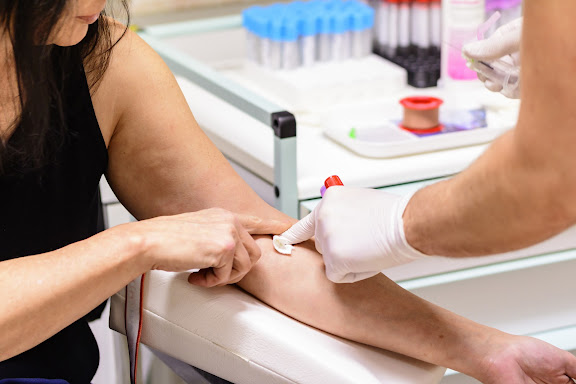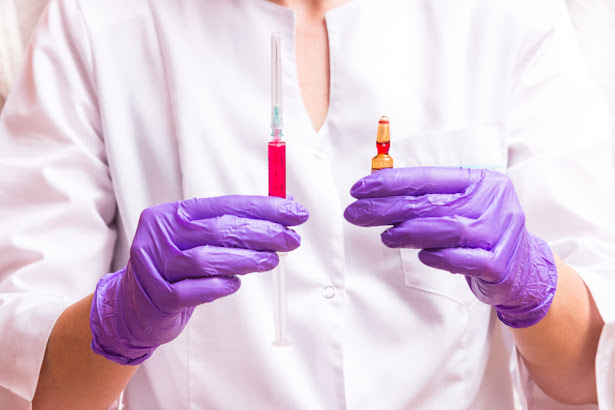10 Essential Blood Tests Everyone Should Get Regularly
As we all know, these past few years have been tough for all of us. So many things are happening in the world, especially regarding our health. The pandemic occurred, and many people were affected by that. What best way can we prevent diseases from getting into our bodies?
Prevention will always be our top choice. We have to prevent things from happening by taking precautions for our health. Here are the ten complete blood tests that a person must have annually.
- CBC (Complete blood count)
CBC (Complete blood count) is one of the most important blood tests and the most commonly ordered by Physicians. CBC will evaluate the overall health of a person and will determine an extensive range of abnormalities, infections, and disorders, including leukaemia and anaemia.
- CMP (Comprehensive Metabolic Panel)
CMP test will determine if your kidneys and liver are healthy; this will also alert you and your doctor if there are abnormalities in your blood sugar, protein levels, and the overall acid in your entire body.
- Lipid Panel (Cholesterol and Triglycerides)
A lipid panel will count your body's cholesterol and triglyceride levels, which are linked to heart diseases. To keep this simple, you want to keep the good cholesterol (HDL) and the bad cholesterol (LDL) low.
- HbA1c
HbA1c will test the Glucose levels in your body. HbA1c will tell the average blood sugar levels for the past three months. If you are a healthy person, once a month is okay, but if you have diabetes, your doctor will tell you to get tested four times a year.
- Hs-CRP
C-reactive protein is a type of protein that fights
viruses and bacteria that, increase the response to infection and also responds
to chronic stress. For example, a person with high CRP levels may tell you that
you are overweight, Hypertensive, Diabetic, have gum disease, or may be
experiencing emotional stress.
- Vitamin D (25-Hydroxy Vitamin D)
Vitamin D deficiency is one of the most common nutritional deficiencies in the whole world. These are some of the symptoms of Vitamin D deficiency: fatigue, back pain, muscle aches, digestive problems, being overweight, mood swings, and a weak Immune system.
- Iron/Ferritin
According to the WHO, iron deficiency affects 60-80% of the world's population. However, some people with chronic diseases may experience iron overload, which can be life-threatening.
- GGT
GGT is an enzyme that will also determine the liver's function, but not included in the CMP blood test, and this also tells you if your liver is inflamed.
- Uric acid
Too much uric acid can cause kidney diseases. However, low uric acid is also wrong because this component is a natural antioxidant and constitutes 60% of the blood's antioxidant volume.
10. Thyroid Hormones (TSH)
The thyroid hormones control the rate of the person's metabolism. Therefore, TSH will test your thyroid function. An underactive thyroid can cause something serious to your body; the same goes if your thyroid is overactive; this can affect your weight, energy levels, and mood.
You can have yourself checked. Here are some places that offer private blood testing: Gravesend, Longfield, Kent, and Dartford
Prevention is always better than cure. Do not feel safe just because you don't feel something strange. Always put your physical and mental health as your top priorities.




Comments
Post a Comment